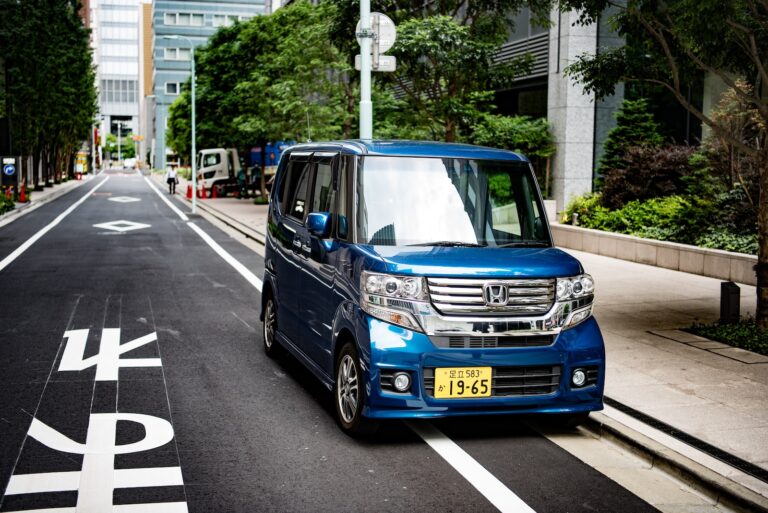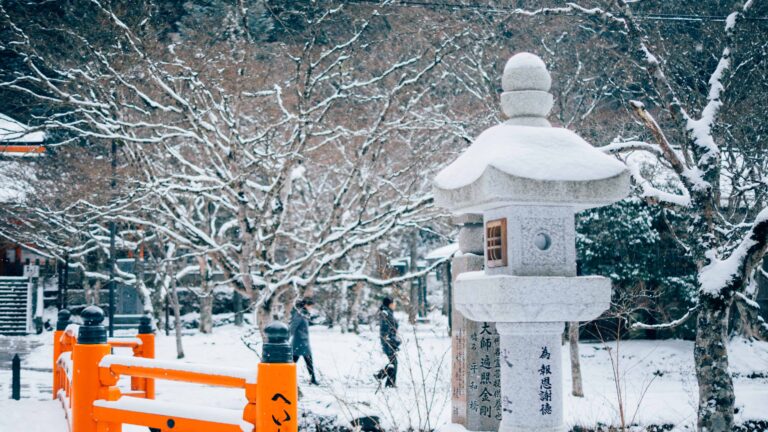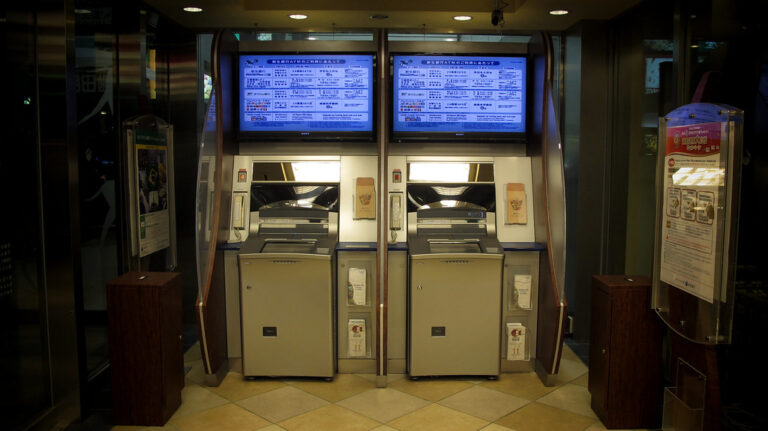Emergency Preparedness in Japan
According to the Institute for Environment and Human Security at the UN, Japan ranks in the highest category for disaster potential.
This is partially due to the wide-range of disasters that occur here: earthquakes, tsunami, typhoons, flooding, landslides, heavy precipitation events, and extreme heat and cold. Due to this, Japan has very strong disaster response teams and preparedness.
Using the tips below and as well as information from your local municipality and the Japanese government, you too can be prepared for potential disasters.









